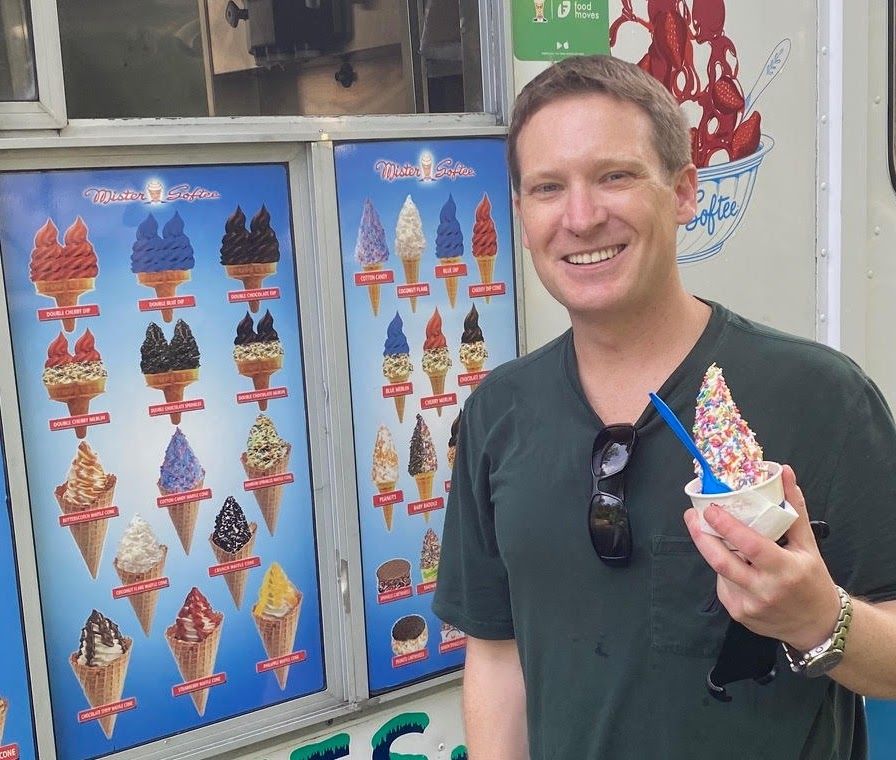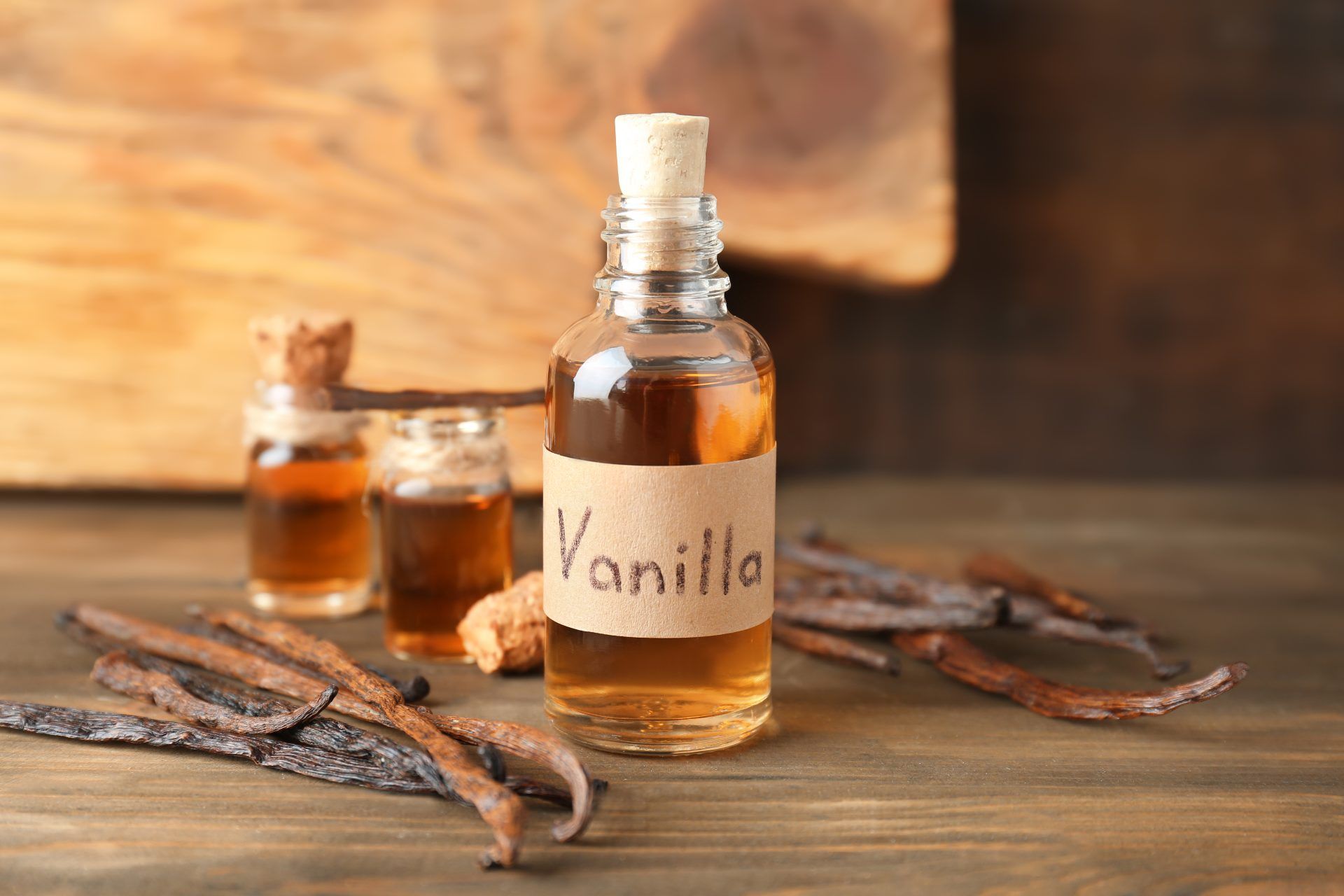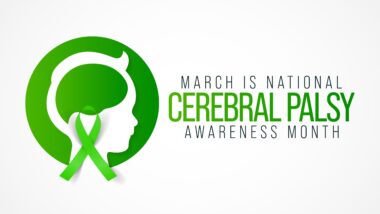Top Class Actions’s website and social media posts use affiliate links. If you make a purchase using such links, we may receive a commission, but it will not result in any additional charges to you. Please review our Affiliate Link Disclosure for more information.

FOR AN ATTORNEY WHO DOESN’T CONSIDER HIMSELF A “GOURMAND” OR A “FOODIE, SPENCER SHEEHAN sure has a lot to say about vanilla extract.
Sheehan, a New York native and former Marine, has filed more than 100 potential class action lawsuits over vanilla and vanilla flavoring since 2019.
You may have seen his work. Sheehan has filed claims against brands like A&W sodas, Chobani yogurts, Chobani creamers, Celestial Seasonings teas, Nestle’s Dryer’s ice cream, Orgain almond milk, Monster Energy drinks, and Coke, to name just a few.
His vanilla suits are about one thing: whether the product has been made with actual vanilla extract or with artificial flavoring produced another way. It’s an important distinction for the consumer to be aware of, Sheehan says, and one for which the FDA has rules.
So, How is Vanilla Defined?

Vanilla extract is made by soaking vanilla beans in alcohol. The alcohol draws out the flavor of the vanilla bean and the resulting solution can be used to impart flavor into foods.
The FDA broadly defines vanilla extract as a solution in liquid ethyl alcohol with the strong taste and scent of vanilla beans. The ethyl alcohol content cannot be less than 35% by volume and one unit of vanilla must be present per gallon of alcohol, according to guidelines.
FDA guidelines also say that the solution may be extracted from vanilla beans, concentrated vanilla extract, concentrated vanilla flavoring, or vanilla flavoring concentrated to the semi-solid form: vanilla oleoresin.
FDA regulations on vanilla are intended to “prevent consumers from getting vanilla products that have maybe a trace of vanilla in them,” according to Sheehan.
How Are FDA Regulations Ignored?
So how are manufacturers able to skirt FDA regulations when it comes to vanilla flavoring? Sheehan believes that it may not always be intentional but rather some companies simply don’t understand flavoring requirements.
“No one comes out and breaks the rules in a very explicit way. Deception mainly occurs around the edges. It’s very fine and narrow when it happens,” Sheehan says.
It’s also not always a winner. Sheehan hasn’t won all of his 100 plus cases, which some consider frivolous.
For instance, the Southern District of New York has now dismissed five vanilla cases, most recently a case with Topco and associates involving vanilla almond milk on January 19.
The judgements against Sheehan and other vanilla lawsuits question whether consumers do have a reasonable expectation that the vanilla flavoring is made from the bean.
“The grounds on which most of these suits have been dismissed is a testament to their absurdity: no reasonable consumer would be misled by the label statement,” Glenn Lammi Vice President of Legal Studies at Washington Legal Foundation, a non-profit law firm and legal-policy organization.
“It seems that Mr. Sheehan’s niche litigation is circling the drain.”
Lammi and others may view the vanilla flavoring cases as frivolous and absurd, and it may be easy to be annoyed at the sheer volume of cases on the topic of vanilla flavoring. But Sheehan is a true believer.
The attorney, who’s been dubbed by some as the “vanilla vigilante,” says he has no intention of slowing down his crusade to make certain food labels accurately describe vanilla flavoring.
Passionate About Consumer Justice
SHEEHAN ULTIMATELY BELIEVES in the cause and wants consumers to get what they want. He says shoppers have the right to decide whether they consume natural or artificially flavored products.
“Some people I have spoken with have said, ‘You should be more judicious, you should file one or two, and then, if you get good results then you can snowball or grow them into others and you won’t need to file them because other companies will settle with you.’” Sheehan said. “But I believe that it’s important to file cases because I believe these are matters of public interest.
“Why is it required that companies tell consumers if a product has artificial flavor that simulates or mimics the natural one? Well, it’s because people don’t want artificial or at least people should have the choice. That’s all we’re saying,” Sheehan states.
To be sure, Sheehan has won some of the class action lawsuits over vanilla flavoring and settled others. One such case ended in a very public vanilla settlement. Attorneys who work with Sheehan agree with the merits of the plethora of vanilla class action filings pending in federal court.
“These are important consumer protection cases because these companies are making false and deceptive front label claims. This is a pervasive mislabeling problem, and these claims are deceiving reasonable consumers nationwide,” Kevin Laukaitis of Shub Law Firm LLC, co-counsel on the Orgain Almond Milk class action lawsuit, told Top Class Actions. “We look forward to proving these allegations in court.”
For now, Sheehan says he’ll continue filing vanilla-related class action lawsuits because there’s always a way to advance additional arguments in the court system to address the need for factual food labels. But he’s not singularly focused on vanilla, Sheehan has recently filed claims related to smoke flavored products.
_______________________________________________________
Sheehan’s first vanilla class action lawsuit is still making its way through the court.















25 thoughts onTCA IN-DEPTH | Spencer Sheehan, The King of Vanilla Lawsuits, Continues His Reign
Please add me